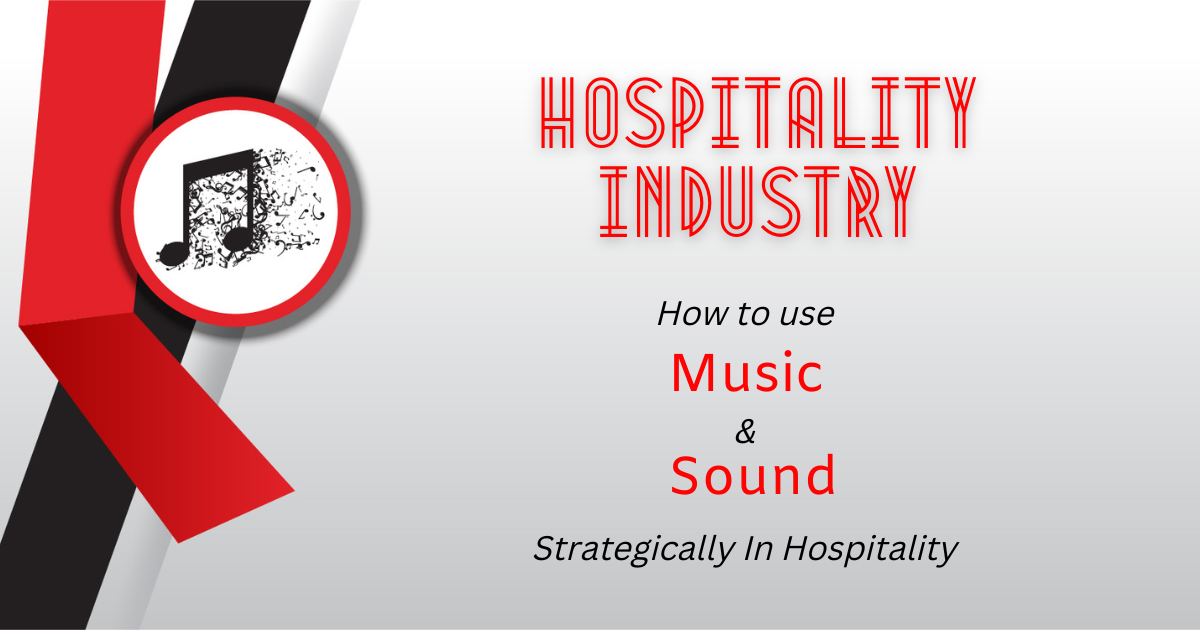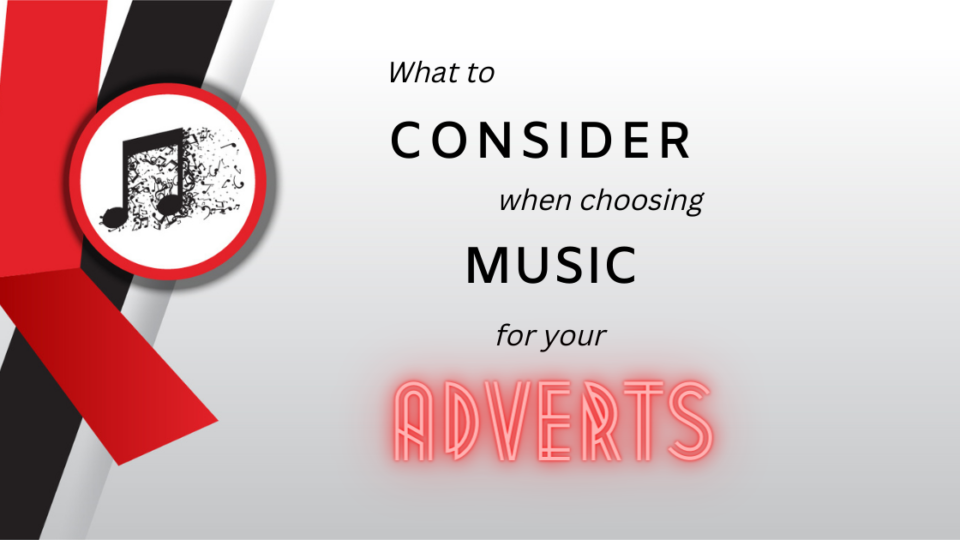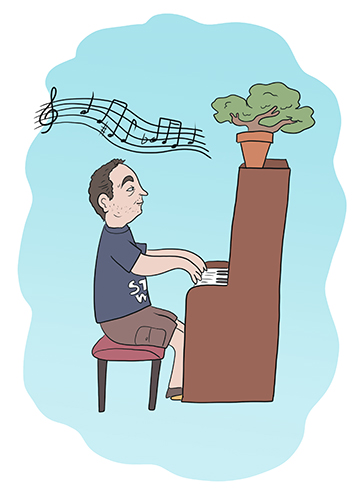Restaurants often use genres such as jazz, classical or acoustic Music to create a relaxing atmosphere, whereas bars may prefer rock or hip-hop for more upbeat vibes.
Playing genre-specific Music can help create different emotions and feelings, which can be used to enhance the customer experience.
- Music Can Invoke Positive Emotions: Music is a powerful cue that can trigger emotions in customers, from joy and happiness to nostalgia, relaxation, or even sadness.
Playing the right Music at the right time can be an effective tool for creating positive moods and enhancing customer experiences.
- Music Is A Cultural Representation: Depending on the type of venue, playing certain types of Music can also help to create a cultural identity for the business.
For example, playing ethnic Music in a restaurant setting could help create an atmosphere that will make customers feel like they are entirely in another country or culture. Similarly, playing traditional songs in a hotel lobby could establish a sense of local culture.
- Music Can Increase Sales: Research has shown that playing Music in a retail environment can positively affect sales.
By creating a pleasant and engaging atmosphere, Music can help increase customer spending by up to 40%.
This makes it particularly beneficial for the hospitality industry, where customers are likely to spend more time in the establishment and therefore be more likely to purchase products or services.
- Music Can Make Waiting Times Seem Shorter: One of the most common complaints about venues in the hospitality industry is long wait times for service or food.
However, research has found that playing background music can make waiting times seem shorter than they are, as well as help to reduce stress and provide a more pleasant experience for customers.
Music is an important part of the hospitality industry as it can enhance customer experiences and create positive emotions.
By understanding how Music can be related to the hospitality industry, venues can capitalize on its potential and ensure that they make the most out of their music selection.
Overall, Music has become essential in creating a unique atmosphere for customers in establishments within the hospitality industry.
From restaurants to bars to nightclubs, and even hotels, playing genre-specific Music can help set the mood and evoke certain emotions that will help create a better customer experience.
This guide looks at how Music relates to the hospitality industry, from setting the atmosphere to increasing sales and making waiting times seem shorter.
By understanding how Music can be related to the hospitality industry, venues can capitalize on its potential and ensure that they make the most out of their music selection.
Conclusion
Music is an important part of the hospitality industry, as it can enhance customer experiences and create positive emotions.
By understanding how Music can be related to the hospitality industry, venues can capitalize on its potential and ensure that they make the most out of their music selection.
With this knowledge, business owners in the hospitality industry can better understand how to use Music strategically to maximize benefits for their customers.


